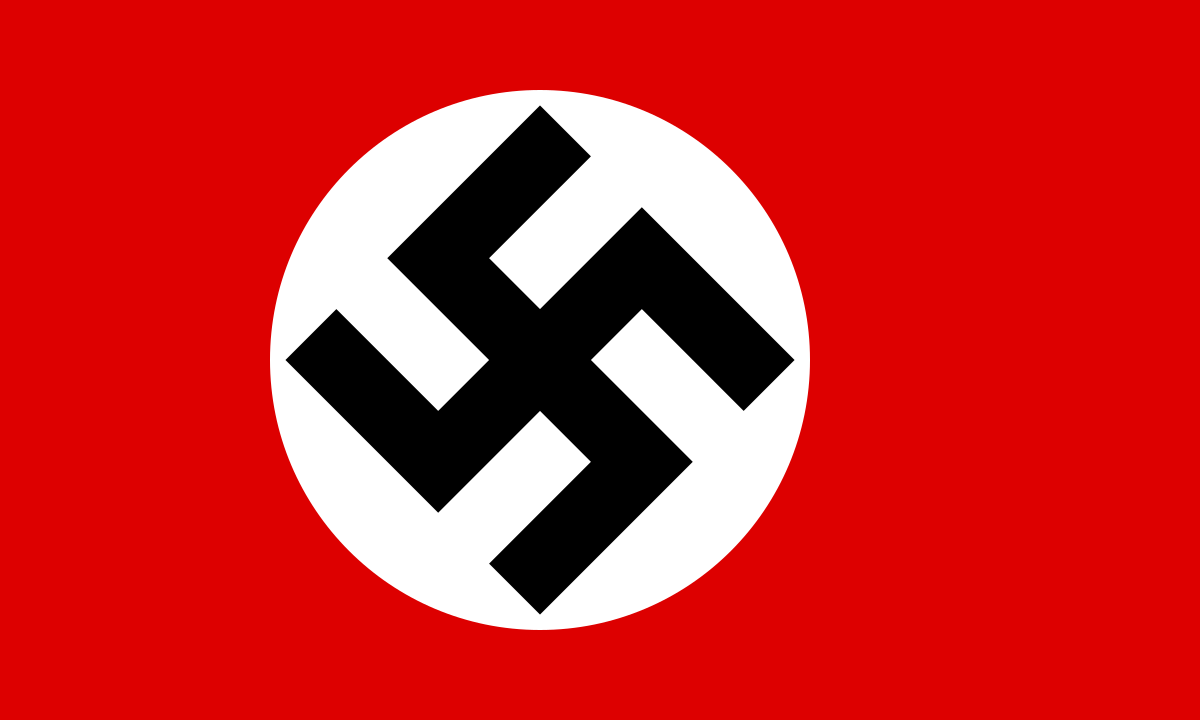At Nuremberg, Germany, 10 high-ranking Nazi officials are executed by hanging for their crimes against humanity, crimes against peace, and war crimes during World War II.
Two weeks earlier, the 10 were found guilty by the International War Crimes Tribunal and sentenced to death along with two other Nazi officials. Among those condemned to die by hanging were Joachim von Ribbentrop, Nazi minister of foreign affairs; Hermann Göring, founder of the Gestapo and chief of the German air force; Wilhelm Frick, minister of the interior; and Alfred Rosenberg, head of the Reich Ministry for the Occupied Eastern Territories. Others, including Rudolf Hess, Adolf Hitler’s former deputy, were given prison sentences ranging from 10 years to life. Three others were acquitted.
The trial, which had lasted nearly 10 months, was conducted by an international tribunal made up of representatives from the United States, the USSR, France, and Great Britain. It was the first trial of its kind in history, and the defendants faced charges ranging from crimes against peace, to crimes of war and crimes against humanity. On October 16, 10 of the architects of Nazi policy were hanged one by one. Hermann Göring, who at sentencing was called the “leading war aggressor and creator of the oppressive program against the Jews,” died by suicide by poison on the eve of his scheduled execution. Nazi Party leader Martin Bormann was condemned to death in absentia; he is now known to have died in Berlin at the end of the war.
History.com



